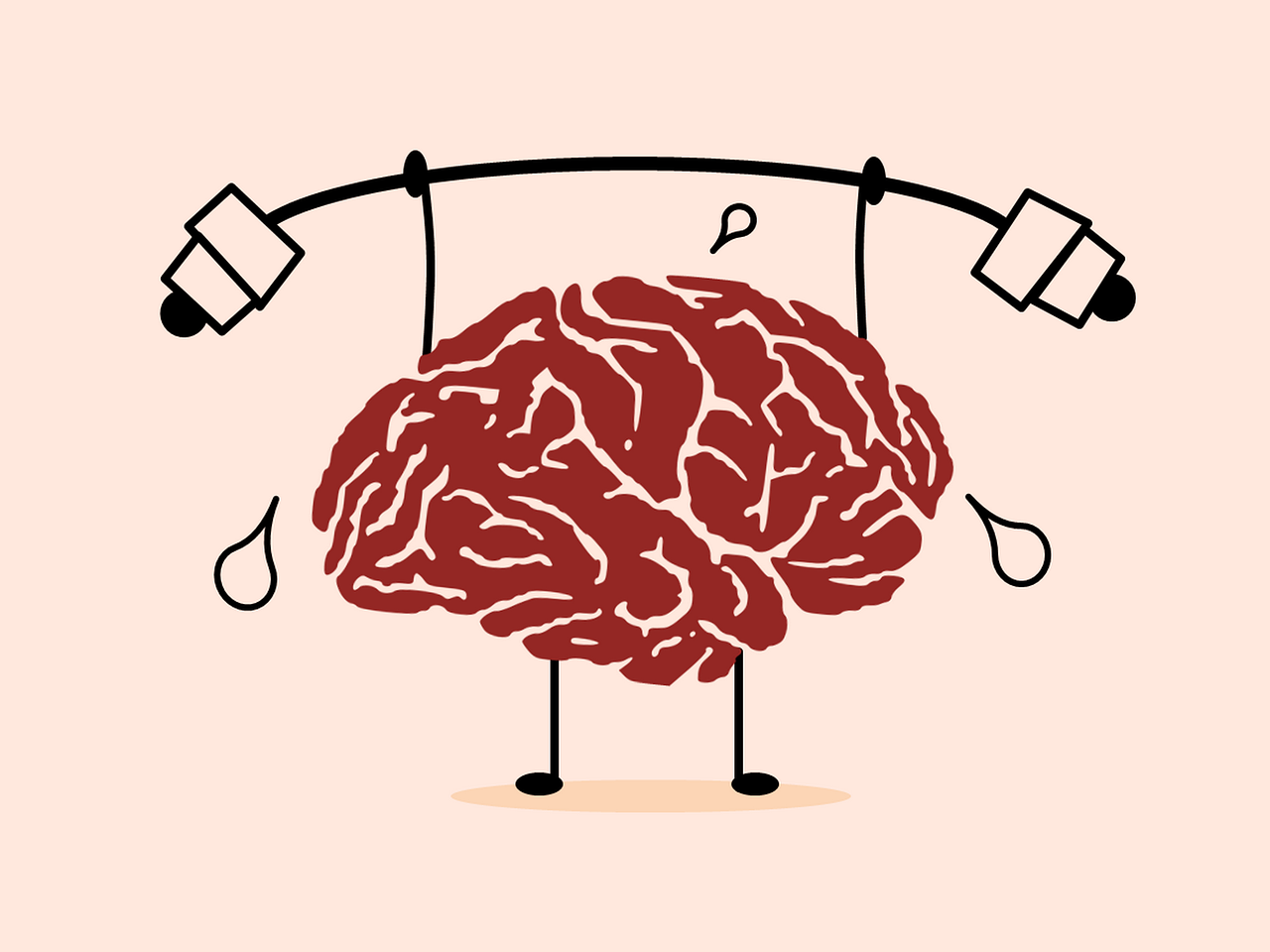Why Does Mental Health Get Swept Under The Rug?
How can we who claim to live in a civilized society claim to be the most modern form of human life, when we here in the Western world have swept mental health under the rug? It isn’t just in America, or Australia or the UK; it’s around the world where this has happened. For so many reasons why can point to, we can’t identify any of them to be valid. So there’s no point in shaking your head and denying that mental health issues have been swept underneath the rug by general society. Why this has happened is cause for alarm and the urgent need to understand, so it never happens again. It’s never too late to live the lid on social stigma and expose our prejudices if it can help us to help others in need. There are many ways we can do this, all that’s required is a genuine yearning to call for decisive action from the powers that be and ourselves.
Why is it embarrassing?
Imagine living like someone who has bipolar disease which causes your mind to bounce around from different emotions at highly elevated levels? You’re also prone to manic depression which can cause self-harm and harm to others. Yet the people who you would think love you, such as your family and close friends, act like they don’t know you in public. Looking at it from their perspective, they don’t want to be seen with someone who is going to embarrass them. The sad conundrum of the matter is, the person with bipolar can’t help it. They have issues in their mind of which they have no control over and instead need someone else to bring their high-stress levels down. When people with mental conditions cause a public fuss and bring unwanted attention to themselves and you, it’s hard not to feel angry at them. This is why so many people slowly fade away from their side as they cannot bear to be seen with such people in public.

A rein on the mind
Since human beings have been on the planet, we’ve always had a fascination with our own minds. From the great powerful minds of the ancient Greek philosophers such as Socrates to the modern day observational and psychological explorers such as Nietzsche; we have an innate need to understand ourselves. Part of it is to do with coming to terms with our own mortality, but for many, it’s to rein in on the mind. The loss of control of one’s mind is a very frightening and sad thought to comprehend. We know that deep down, it’s a form of dying without physically leaving this earth. It’s why so many people want to learn about psychology and neurology, and further education institutions and companies are only too happy to provide such courses as a Masters in Mental Health. On such a course, the effective techniques such as evidence-based case studies and contemporary care methods are put into action. This is the frontline of mental health care at work, with the study, understanding, and treatment occurring in patients.
It’s vital to understand the link between physical health and mental health. For instance, someone with symptoms of hearing loss is likely to also experience symptoms of depression or anxiety. However, using tinnitus treatment therapy can not only only improve hearing but, by extension, tackle mental health symptoms too. Making physical health a priority is one of the many ways to rein in on mental health and take control of what you may be experiencing.
Lack of prioritizing
One of the shocking reasons to wrap your head around for the lack of social awareness about mental health could be because we simply don’t prioritize it. Of course, the majority of concerns regarding healthcare in many countries revolve around issues that affect more of the population of each nation. Therefore concerns about cancer, diabetes, heart disease, cholesterol and many other seasonal viruses that take the spotlight of major attention. So it’s little wonder that mental health programs don’t receive proper funding and this means there is less staff coping with more and more patients at clinics and hospitals. Years and years of this causes the effectiveness of doctors and carers to diminish over time. It’s time that we paid more attention to our shortfalls and stop failing the mentally ill by sweeping them under the rug.
There are many factors one could list for why there is still a large social stigma surrounding mentally ill people, but none of them are good enough reasons for leaving them behind. You can’t throw money at the problem and hope it will go away, but increasing the funding to local authorities so they can build and provide services for their constituents would greatly alleviate the pressures put on them. Friends and family members could benefit from learning more about the diseases that affect their loved ones, so they can be ready to calm the situation down when they are having an episode. Learning about mental health can take many forms, and one of them is the academic route which allows you to follow the line of a profession that studies and treats illnesses.



